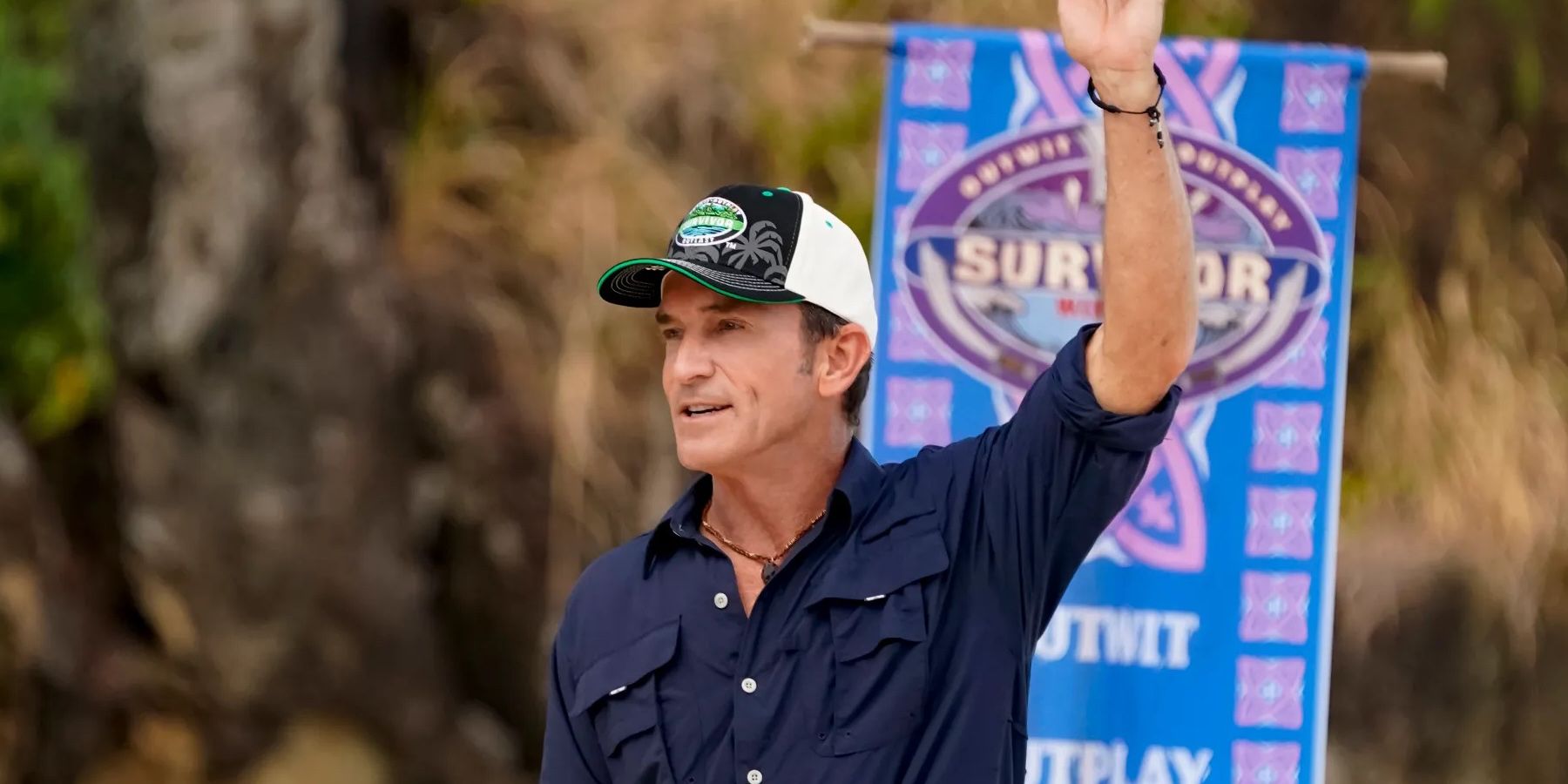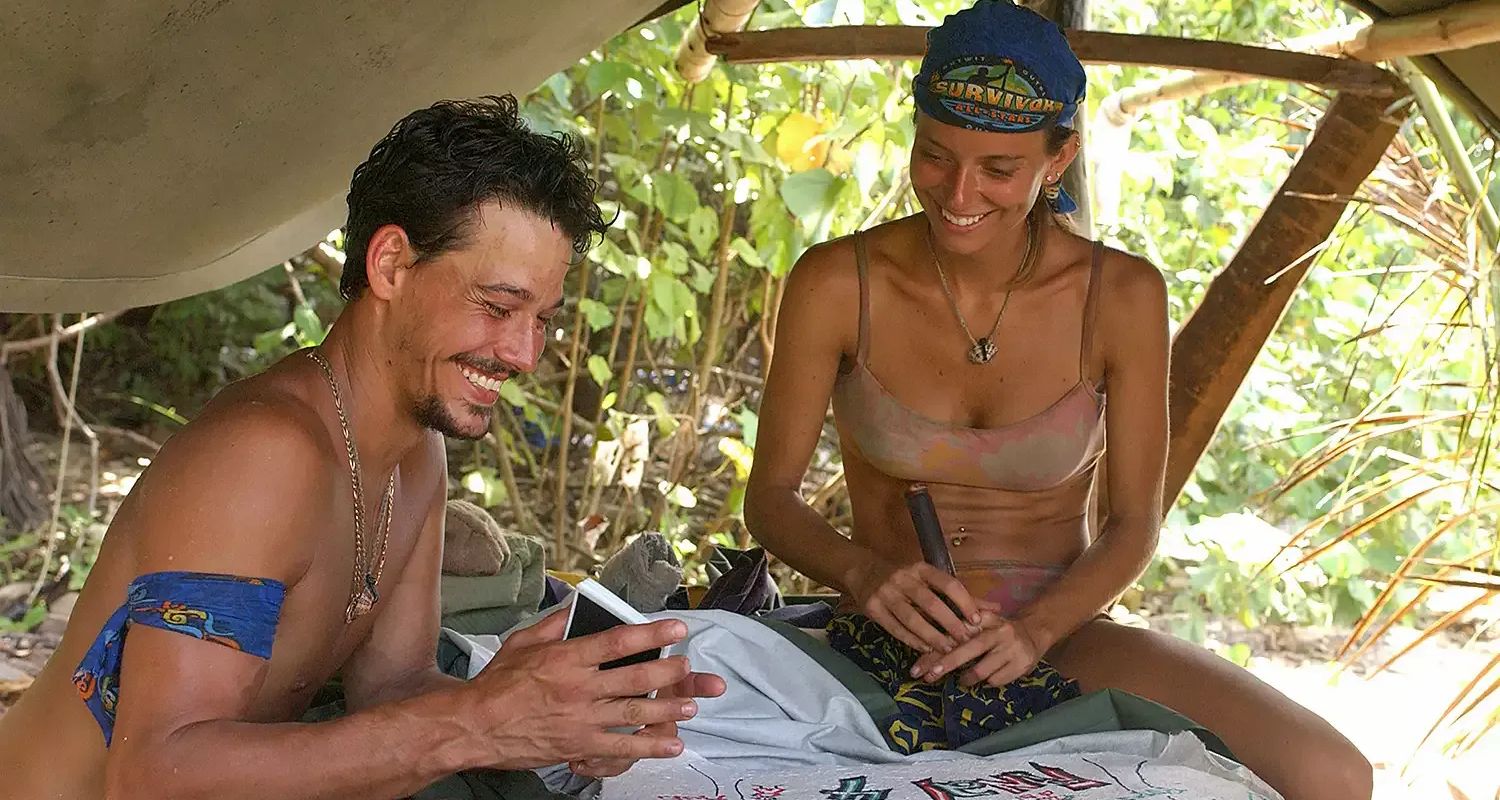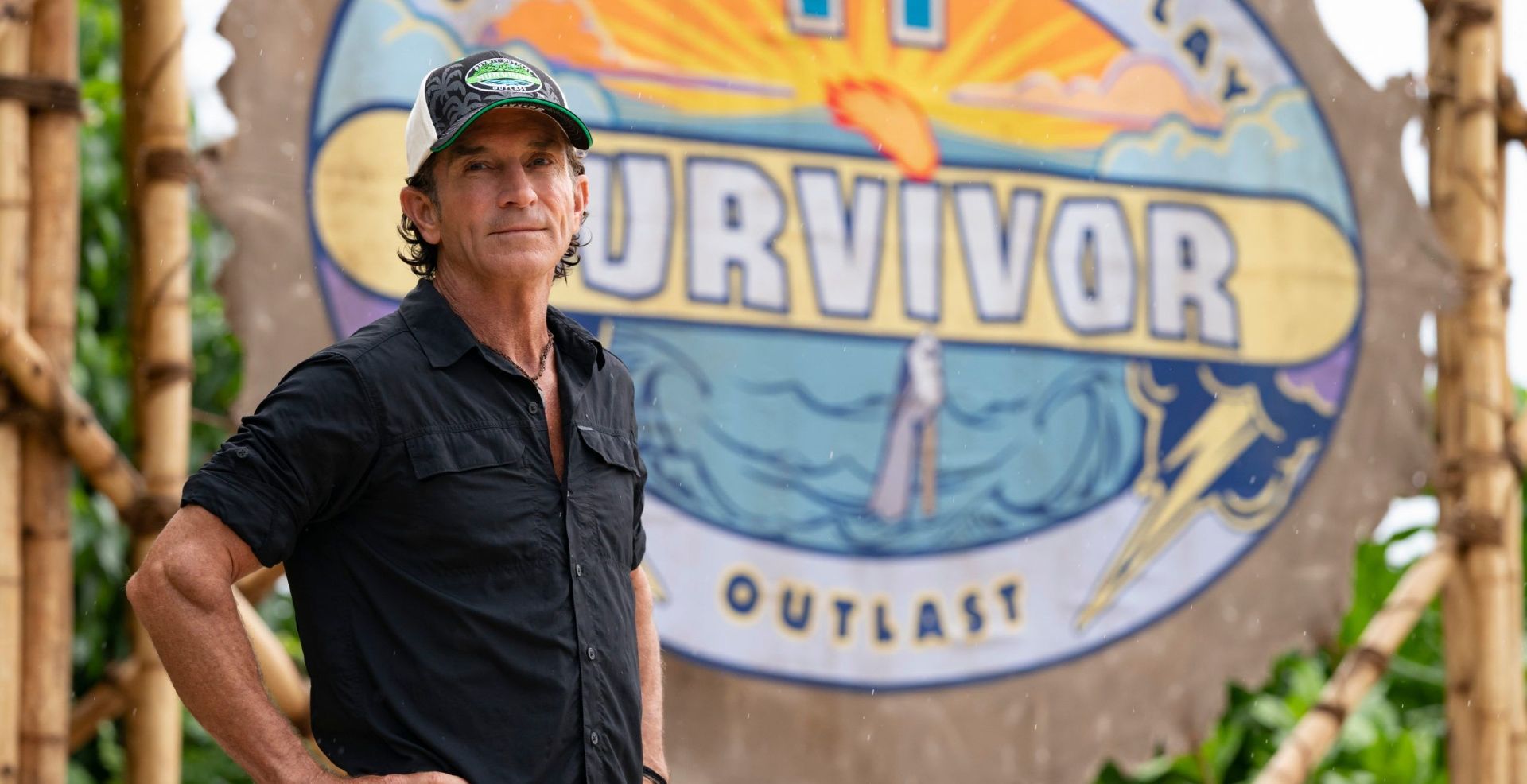A lot has changed since 2000. Back then, there were no streaming services, and reality television was a niche cable phenomenon. So when Survivor premiered on CBS, no one could have predicted that it would be one of the most successful franchises in television history, nor that it would spawn an entire genre of unscripted competition shows. Now in its forty-second season, Survivor has also changed, mixing up contestant pools along various themes and continually tweaking game mechanics to keep the concept fresh. Yet, its most drastic changes have been mostly driven by contestants themselves. The show has long acknowledged contestants’ influence on gameplay, but now it seems to be embracing these changes in a way that is more explicit. As Survivor enters a new era, it is worth reflecting on the series’ past to understand where it might be headed in the future.
"Outwit. Outplay. Outlast." This slogan sums up the three basic elements of Survivor gameplay: strategy, social acumen, and survival. While the survival aspect (and, to a lesser extent, strategy) was built into the game from the beginning, players’ social game has always been unpredictable, varying based on the contestant pool. Players are as vulnerable to their own perspectives and preferences as they are to the peccadillos of their fellow contestants, and strategic calculations must be balanced against compatibility and trust. The survival aspect of the game also affects contestants’ social game: as the privations of life in a Survivor camp (limited food, unreliable shelter, rare privacy) wear on nerves and reduce emotional containment, outbursts become inevitable.
The social game has unwritten rules, which have become codified through sheer volume — but in the early days, those rules were nebulous and unreliable. When Survivor was inventing the reality genre, its producers had every reason to showcase drama, which seemed to be the "reality" part of reality television. Flaring tempers made Survivor eminently watchable, and such scenes are still regarded years later as memorable touchstones. Fans still recall the moment in season 8 when Sue Hawk, after being sexually harassed by Richard Hatch, yells directly at Jeff before quitting the game entirely. While most tensions between tribe members ignite at less serious offenses, smaller versions of this conflict are splashed across Survivor history. Few tribe members have succeeded in Survivor by leaning into their prickly personalities; many more have strived to maintain congenial relationships with their competitors, or simply been voted out.
The primary mechanic of the social game is alliances, which have evolved with the game of Survivor. Indeed, betrayal has become a cornerstone around which players who want to make "big moves" can build their resumes. Like any other aspect of the social game, however, alliances have both a strategic and an interpersonal component. While the latter was more prominent in earlier seasons, it has since given way to the strategic component. In another example from season 8, consider the credulity with which Lex accepted Rob’s vague promise of protection in return for saving Amber. At Final Tribal, Lex demanded account for Rob’s character, rather than his gameplay, and Rob ultimately lost a vote in return for his betrayal (although he also gained a wife). Contrast this with recent seasons, where alliances rarely persist from start to finish, and violations are respected as power moves, rather than rebuked as failures of character.
This is not to say that the social game has ceased to be a part of Survivor. Contestants may be less committed to alliances, but they seem more committed to authentic, meaningful relationships. Survivor premiered as American culture was redefining itself, shedding the cynicism of the 90s and replacing it with positivity and sincerity. It would, of course, take a few years for that ethos to permeate the world of high-stress reality competitions. Only when the children born at the turn of the millennium were old enough to become contestants themselves would Survivor fully manifest the impact of this shift towards idealism.
Viewers witnessed this shift in 2017's Survivor: Game Changers, when Jeff Varner, believing he could protect himself by casting doubt elsewhere, outed Zeke Smith as trans. Much about the incident was remarkable — including Varner’s removal from the game by call for consensus, rather than formal vote — but Sarah Lacina’s response to the event stands out. Visibly moved throughout tribal council, Sarah later explained that though her background and perspective had been limited going into the game, she experienced sincere empathy for Zeke and deplored Varner’s actions. Sarah went on to win the game, but her recognition of Zeke was more than just good gameplay; it was a moment of genuine connection. With Varner immediately dismissed and Sarah crowned champion, the message could not have been clearer: social relationships were more important than ever, and ruthlessness would no longer be rewarded.
Richard Hatch was the first winner of Survivor, inappropriate conduct notwithstanding. He returned three years later, and another contestant called out his inappropriate conduct, without acknowledgement or support from the show. But Hollywood has since embarked on a reckoning with long-unaddressed impropriety, which spurred a massive movement to reexamine issues of power and consent. As a working screenwriter and actor, Dan Spilo would have been near the epicenter of that movement prior to his appearance on Survivor: Island of the Idols. Viewers were rightly baffled, then, when he persisted in inappropriate conduct toward female contestants, until the producers were obliged to remove him from the show.
Almost as appalling as Dan’s conduct, however, was the show's dismissal of the events. Sixteen years had passed since a player on Survivor first accused another player onscreen of sexual harassment. For sixteen years, diverse groups had subjected themselves to a test of emotional equilibrium that would be hard enough to pass with a full stomach and a custom mattress. Given these conditions, it is natural to assume that Survivor had a Human Resources squad on hand, who would be as alert and as well-prepared as the medical team, ready to resolve scenarios like these with empathy and expertise. What viewers got instead was a little too close to the reality outside of television: messy allegations, a clandestine dismissal, and a series of explanations that felt more like excuses.
To Survivor’s credit, producers listened to the fallout from the incident with Spilo and implemented new policies and procedures. Survivor is a (somewhat exaggerated) microcosm of society, and its producers have shown a commitment to encouraging discourse on issues that are part of the larger societal conversation. Providing support for players to contend with issues of identity is commendable, but it is also another way that Survivor is able to stay relevant in an evolving society. Whereas such issues were previously tangled up in gameplay, they can now be resolved through productive discussion. This leaves contestants free to develop clean strategy, calculated to the greatest advantage and uncomplicated by ambiguous subtext and dissonant expectations.
A lot has changed since 2000, but one thing does not change: though they are competing against each other, contestants are more often brought down by their own folly. Self-awareness is the foundation of every social game, and lack of self-awareness leaves contestants vulnerable. In Survivor: Caramoan, Dawn Meehan betrayed Brenda Lowe, who had offered her unconditional aid in a moment of frank vulnerability. Dawn’s panic at losing her denture was a deeply personal crisis, hard to define from the outside and harder to fit into a broader narrative. Yet in the aftermath, Dawn tried to pass off a personal decision as a calculation of power — a reframing that fooled only Dawn herself, just another display of the arrogance that kept her from being a serious contender.
Survivor has made space for its contestants to discard proxy identity battles in favor of strategic mastery, but whether contestants will be able to take advantage of this realignment will depend on players' ability to examine themselves honestly. Then again, if drama keeps viewers coming back, the internal conflicts of players like Dawn will continue to provide for years to come. Survivor has changed since 2000, but it has also remained the same. Players still must balance rigorous gameplay with human frailty, and the show is not likely to stray from that paradigm as it continues to evolve. Fans should expect to see the same old Survivor that has fascinated audiences for twenty years, made new each season by its wonderfully human contestants.



